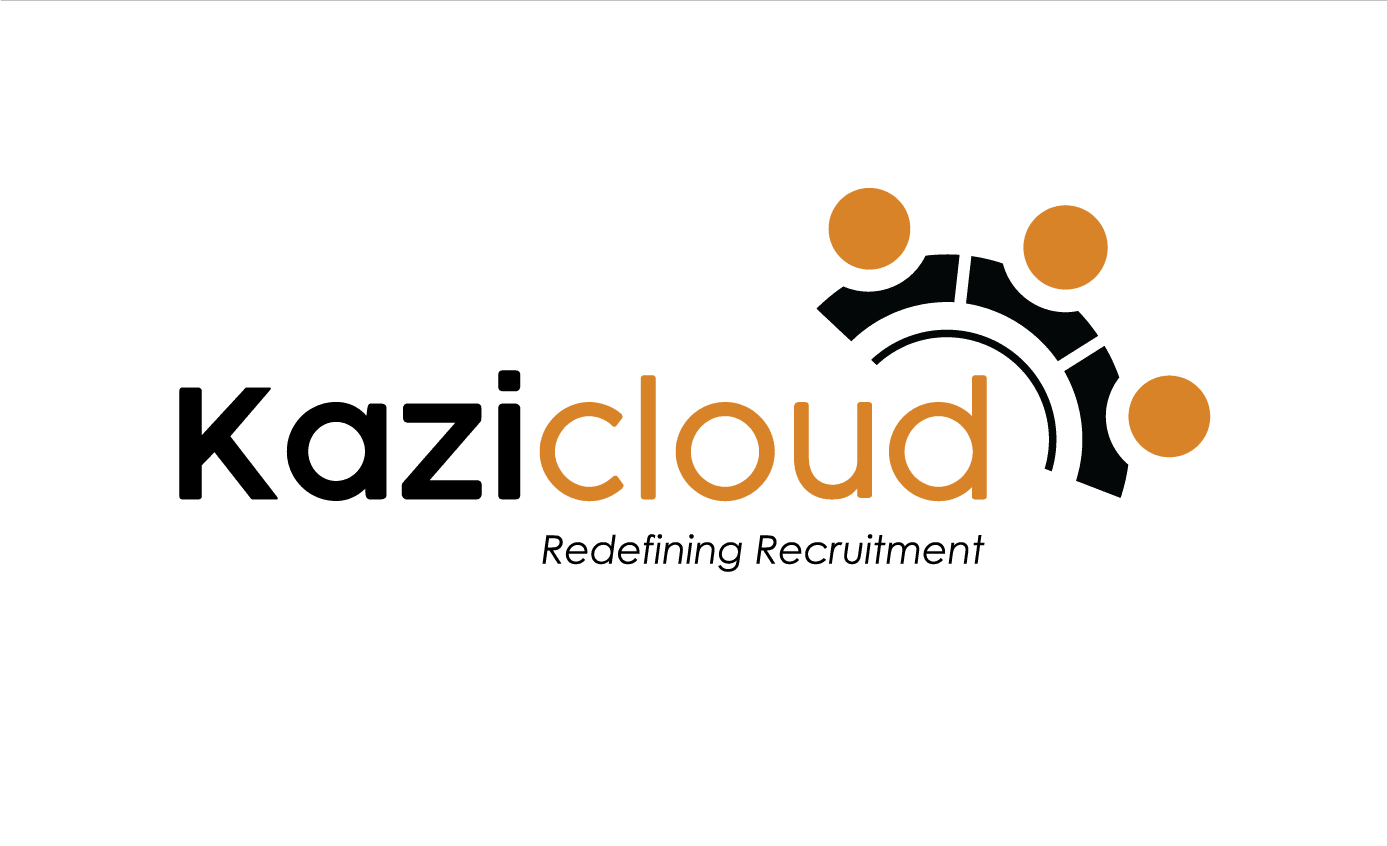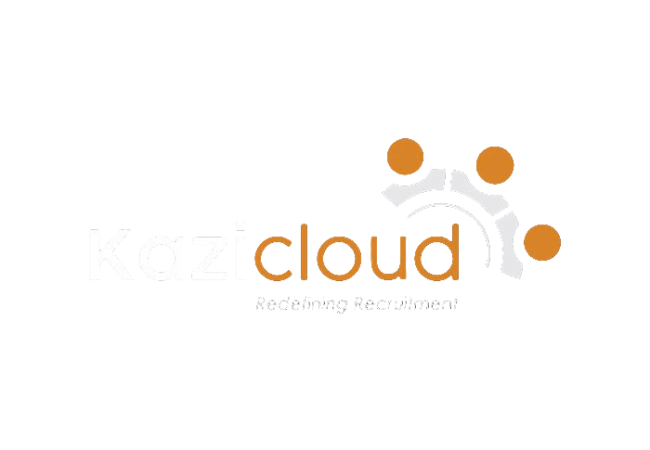The Kenyan Finance Act 2023 brought about significant changes impacting payroll processes for both employers and employees. Staying informed about these updates is crucial to ensure accurate deductions and a smooth payroll experience. Here’s a breakdown of the key payroll changes implemented under the Act:
Introduction of New PAYE Tax Bands:

The Act introduced two additional tax bands for individuals with higher income brackets. Previously, a flat rate of 30% applied to all income exceeding a specific threshold. Now, the revised structure looks like this:
- Income between KES 0 and KES 250,000: Remains tax-exempt.
- Income between KES 250,000 and KES 500,000: Still taxed at the existing rate of 30%.
- New Band: Income between KES 500,000 and KES 800,000: Now taxed at a rate of 32.5%.
- New Band: Income exceeding KES 800,000: Now taxed at the highest rate of 35%.
Impact: This change primarily affects high-income earners whose taxable income falls within the newly introduced brackets. They will see a slight increase in income tax deductions on their payslips.
National Housing Development Fund Levy:
The Act established a mandatory National Housing Development Fund. This means both employers and employees contribute a levy of 1.5% of the employee’s gross monthly salary.
Impact: Employers are responsible for deducting the employee’s 1.5% contribution and remitting an additional 1.5% as their own contribution to the National Housing Development Fund. This translates to a 3% reduction in employees’ net pay.
Withholding Tax on Additional Services:
The Act introduced withholding tax on specific service payments made to residents. These include:
- Sales promotion, marketing, and advertising services: 5% withholding tax.
- Digital content monetization: 5% withholding tax for residents and 20% for non-residents.
- Rental income on behalf of the owner: Withholding tax applies, but only a designated commissioner can authorize such deductions.
Impact: Businesses that provide these services to residents will need to factor in the withholding tax when determining their fees. Employers making such payments may need to adjust their accounting procedures to reflect these deductions.
Staying Compliant:
Employers are responsible for staying updated on these changes and implementing them in their payroll systems. Failure to comply could result in penalties and interest charges. It’s advisable to consult with a tax professional or a qualified payroll service provider to ensure accurate deductions and timely remittances to the Kenya Revenue Authority (KRA).
Interesting Facts About Payroll and Employment in Kenya (2024):
Minimum Wage:
- The current minimum wage in Kenya is KES 13,572.90 per month (as of 2022). This may be subject to change in future budget cycles.
Working Hours:
- Standard working hours in Kenya are 52 hours per week spread over six days.
- Employees cannot exceed 116 working hours in any two-week period.
Leave Entitlements:
- Employees are entitled to a minimum of 21 days of annual leave after every 12 months of service with the same employer.
- Many companies offer more generous leave policies, ranging from 30 to 45 days.
- Public holidays: Employees are entitled to 13 days of paid public holidays per year, or as gazetted by the government.
- Sick leave: Employees are entitled to 30 days of paid sick leave, followed by an additional 15 days of half pay.
- Maternity leave: Employees are entitled to 3 months of fully paid maternity leave.
- Paternity leave: Fathers are entitled to 2 weeks of paid paternity leave.
Payroll Taxes and Deductions:
- PAYE (Pay As You Earn): This is the income tax deducted from an employee’s salary at source. The tax brackets were recently revised by the Finance Act 2023, with additional bands for higher income earners.
- NHIF (National Hospital Insurance Fund): Both employers and employees contribute a percentage of the employee’s salary towards health insurance.
- NSSF (National Social Security Fund): Employers and employees contribute towards a social security scheme for retirement benefits.
- National Housing Development Fund Levy: Introduced by the Finance Act 2023, both employers and employees contribute 1.5% of the employee’s gross monthly salary to this fund.
Additional Points:
- Payroll processing in Kenya is typically done on a monthly basis.
- Overtime work is usually compensated at one and a half times the normal hourly rate, or double the rate for work on rest days or public holidays.
Streamline Payroll with Kazicloud
The recent payroll changes introduced by the Finance Act 2023 can add complexity to your business operations. Managing new tax bands, housing fund contributions, and withholding taxes requires accuracy and efficiency.
Why waste time navigating these intricacies on your own?
Kazicloud is your one-stop solution for all your payroll needs. We are a leading outsourced payroll service provider in Kenya, dedicated to providing businesses with:
- Expert Guidance: Our team of payroll specialists stays up-to-date on the latest tax regulations, ensuring your payroll processes are compliant with the Finance Act 2023.
- Seamless Implementation: We’ll handle the integration of the new tax bands, housing fund contributions, and withholding taxes into your existing payroll system, minimizing disruption to your workflow.
- Accuracy and Efficiency: Our robust payroll software ensures timely and accurate calculations, eliminating the risk of errors and penalties.
- Peace of Mind: Focus on your core business while Kazicloud takes care of your payroll. We’ll handle all filings and remittances to the Kenya Revenue Authority (KRA) on your behalf.
Ready to simplify your payroll and achieve peace of mind?
Contact Kazicloud today for a free consultation and see how our expert payroll services can help your business navigate the new landscape with confidence.



